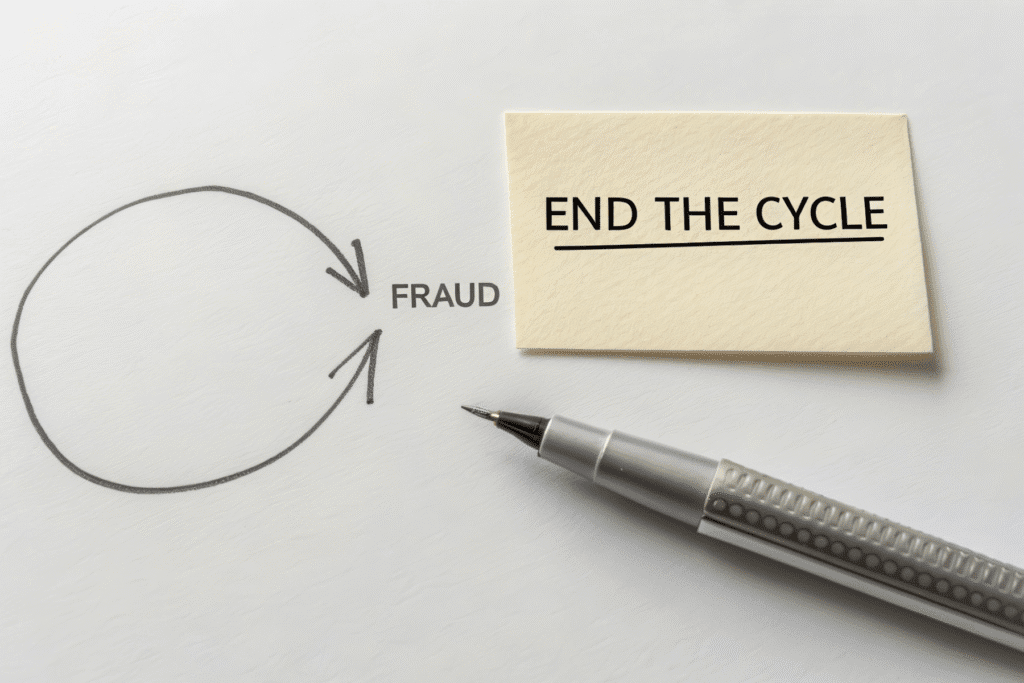What It Means for Criminal Justice Reform
In the United States, recidivism—the tendency of a convicted criminal to reoffend—remains one of the most pressing challenges in the criminal justice system. According to the Bureau of Justice Statistics (BJS), roughly two-thirds of released prisoners are rearrested within three years, and over 75% are rearrested within five years. These numbers are not just statistics—they represent a cycle of crime, punishment, and repeated incarceration that impacts individuals, families, and communities nationwide.
What Is Recidivism?
Recidivism refers to a person’s relapse into criminal behavior after they have been sanctioned or undergone intervention for a previous offense. This can involve a new arrest, conviction, or reincarceration. Recidivism rates are often used as a key indicator of the effectiveness of the justice system, particularly in areas like sentencing policy, rehabilitation programs, and parole practices.
Why Are Recidivism Rates So High?
Several factors contribute to the high rate of recidivism in the U.S.:
- Lack of Reentry Support: Many individuals released from prison face significant barriers to employment, housing, and education. Without proper reintegration support, it becomes difficult to avoid returning to crime.
- Mental Health & Substance Abuse: A large percentage of incarcerated individuals struggle with untreated mental health issues and substance use disorders, which can go unaddressed during and after incarceration.
- Limited Access to Legal Relief: Options like record expungement, set-asides, and probation modifications exist—but they’re often underutilized due to a lack of awareness or legal assistance.
How Recidivism Impacts Arizona
In states like Arizona, which has one of the highest incarceration rates in the country, recidivism places a strain on public safety, court systems, and taxpayers. Many individuals reentering society after serving time in Maricopa County, Mohave County, or other parts of Arizona struggle to escape the stigma of a criminal record. This increases the risk of reoffending, especially in low-income and underserved areas.
At Rideout Law Group, we believe that reducing recidivism starts with smarter sentencing, greater community support, and expanding access to legal tools that can help clients move forward.
Legal Tools That Can Break the Cycle
Some of the most powerful ways to reduce recidivism include:
- Expungements and Set-Asides: Arizona now allows eligible individuals to have certain convictions sealed under ARS §13-911. This can improve access to jobs and housing, reducing the likelihood of reoffending.
- Juvenile Defense and Diversion: Young offenders benefit significantly from early intervention and programs that focus on rehabilitation over punishment.
- Probation Modifications: In some cases, Rideout Law Group can help clients petition for early termination of probation or reduce restrictions that limit their opportunities.
If you’re dealing with the long-term impact of a criminal conviction, taking steps to clear your record can make a difference in your future—and help prevent becoming part of the recidivism statistics.
What Rideout Law Group Can Do
With offices in Scottsdale and Lake Havasu City, Rideout Law Group provides experienced representation for clients seeking expungements, probation relief, or guidance after a criminal conviction. We understand how the system works and how to navigate the laws that offer second chances.
📍 Looking for a criminal defense lawyer in Scottsdale? We’re ready to help.
📍 Need help with expungement in Lake Havasu? Contact us today for a consultation.
Call (833) 854-8181 or visit rideoutlaw.com to learn how our team can help you protect your future and break the cycle.

